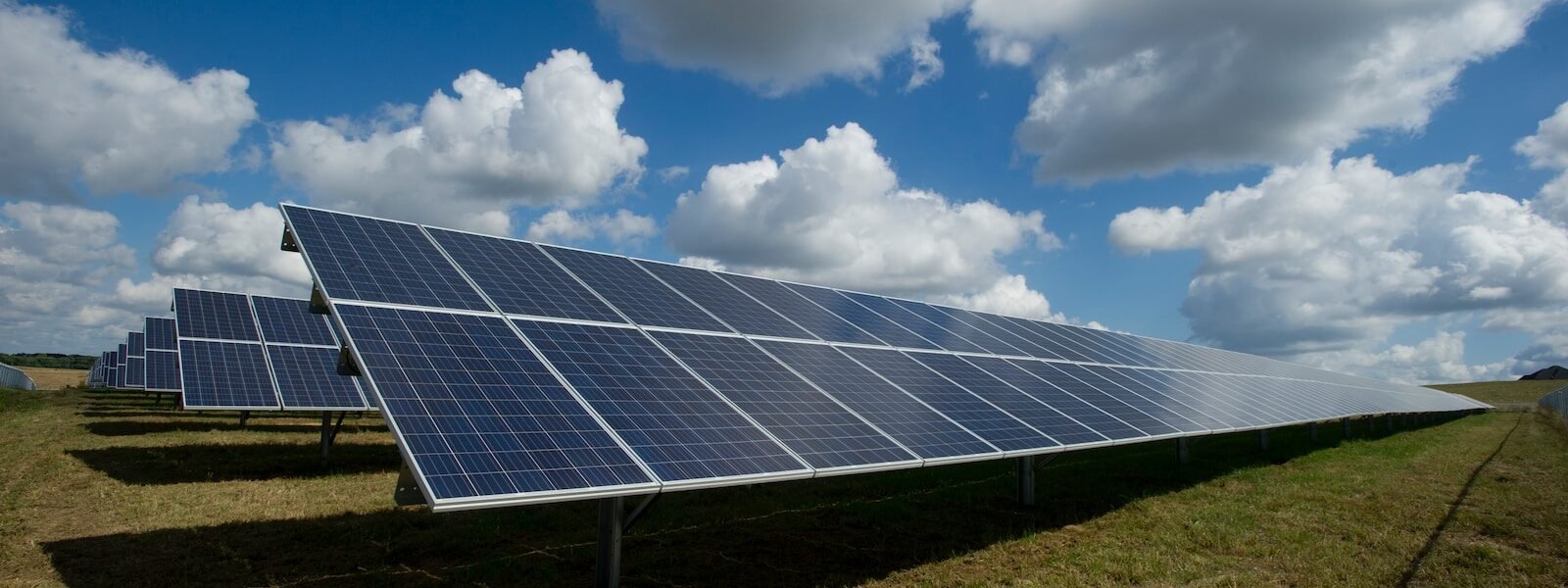In a significant move aimed at curbing unfair trade practices, the United States has taken action against solar companies attempting to bypass import duties from China. The Department of Commerce (DOC) revealed that a series of solar firms, including subsidiaries of Chinese giants BYD, Trina Solar, Vina Solar, and Canadian Solar, have been evading tariffs by completing their products in other Southeast Asian countries.
Tariff Evasion Uncovered
The DOC’s announcement on Friday detailed how these companies had been sidestepping U.S. tariffs on Chinese solar products. By conducting minimal processing to finish their goods in nations like Cambodia, Malaysia, Thailand, and Vietnam, they managed to avoid import restrictions. Additionally, New East Solar faces tariffs for its refusal to cooperate with an on-site audit in Cambodia.
Future Implications
While the tariffs are not set to take effect until June 2024, this measure has been introduced to allow solar importers ample time to adapt their supply chains. This transition period is intended to ensure that sourcing from companies violating U.S. law is eliminated. The DOC firmly stands by the principle of fair trade and aims to protect domestic industries.
Support for U.S. Solar Manufacturers
This tariff imposition also comes as a boost for U.S. solar manufacturers, who have long struggled to compete with their Chinese counterparts. President Biden’s Inflation Reduction Act has played a significant role in this development. With substantial subsidies included, the act is fostering an environment of investment and growth in the U.S. solar sector.
Ongoing Trade Tensions
Tensions between the U.S. and China in the solar industry date back over a decade. Anti-dumping tariffs were established due to allegations of Chinese companies receiving unfair government subsidies. Furthermore, solar firms relying on Chinese products have faced scrutiny over alleged use of forced labor, raising concerns about human rights abuses.
Navigating Compliance
Approximately 80% of U.S. solar panel supplies are derived from countries like Cambodia, Malaysia, Thailand, and Vietnam. Companies operating in these regions must adhere to U.S. import regulations. A certification process is in place to ensure that they are not circumventing tariffs. Demonstrating the inclusion of non-Chinese components in solar products remains crucial.
Industry Backlash
Despite the DOC’s intentions, the solar industry and trade groups have voiced opposition. Critics argue that these tariffs could undermine the Biden administration’s efforts to promote green energy. Abigail Ross Hopper, President of the Solar Energy Industry Association, stated that the DOC’s decision contradicts the administration’s clean energy objectives.
Solar Sector’s Concerns
Trina Solar, a major player in the solar industry, expressed concern over the repercussions of these tariffs. Having invested substantial resources into production in Thailand and Vietnam, the company believes that these measures will increase costs and constrain supply during a period of soaring demand for solar products.
In a rapidly evolving solar landscape, the United States aims to ensure fair trade and promote its domestic solar industry. The imposition of tariffs represents a pivotal moment in the ongoing global trade dynamics, with far-reaching implications for the renewable energy sector.
Download our app MadbuMax on the Apple App Store for the latest news and financial tools. Interested in getting your finances in order do not forget to check Dr. Paul Etienne’s best-seller book on personal finance. To access more resources, tools, and services please click here. Also, do not forget to follow Dr. Etienne on IG or Twitter.





